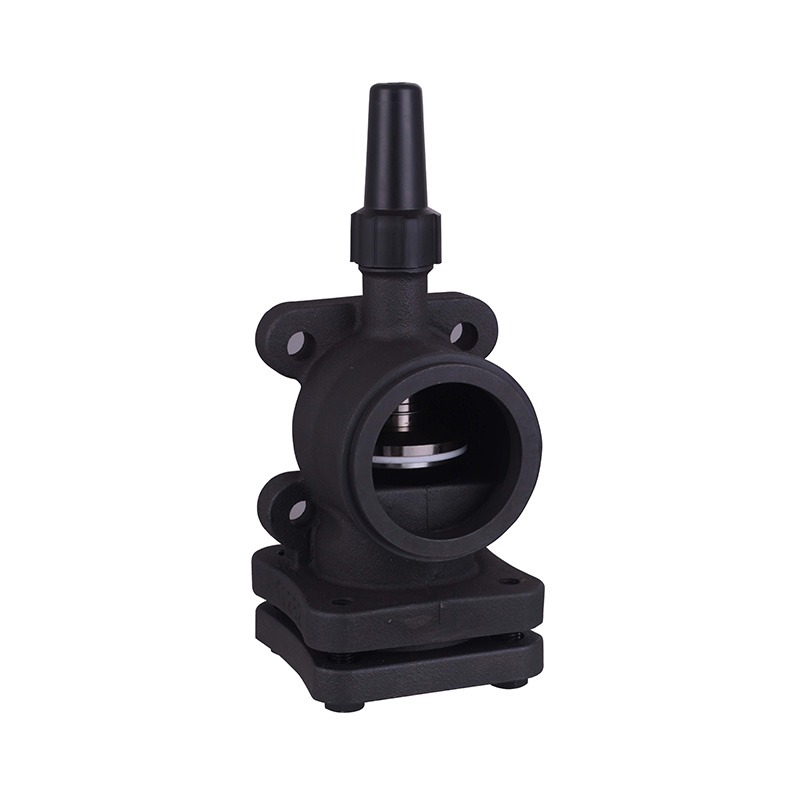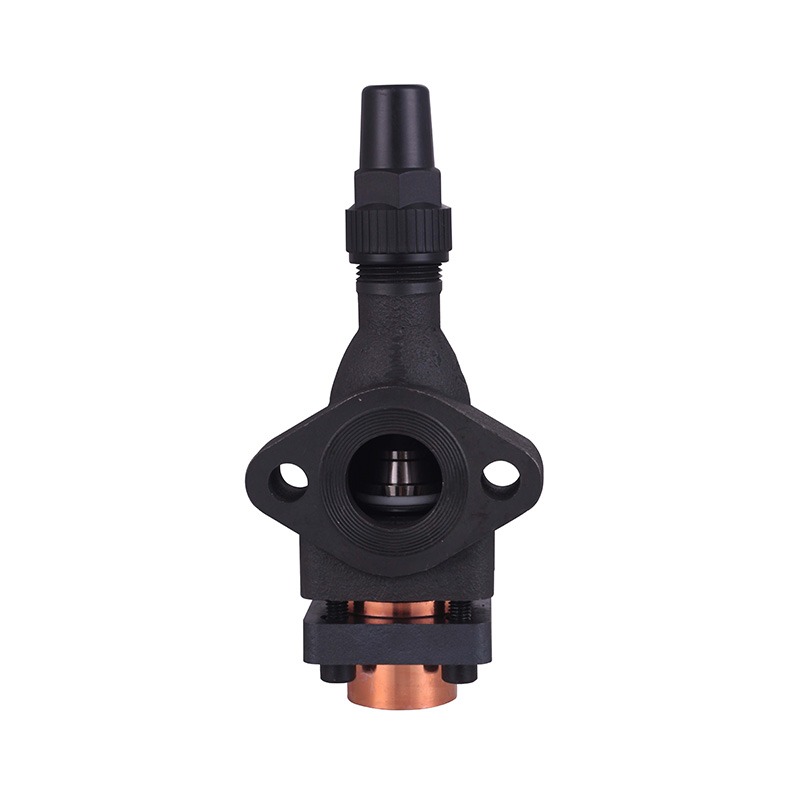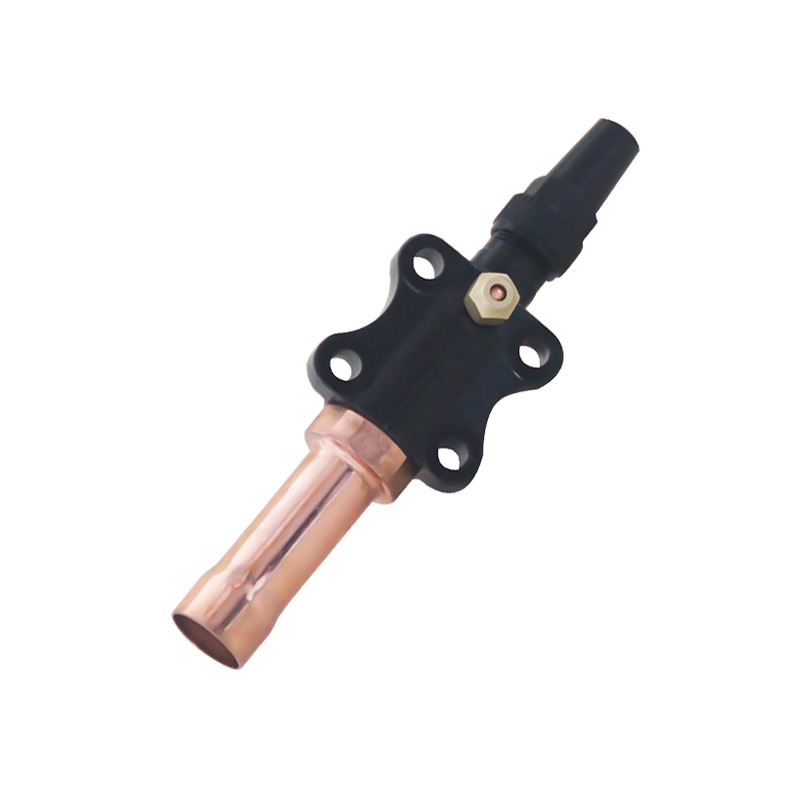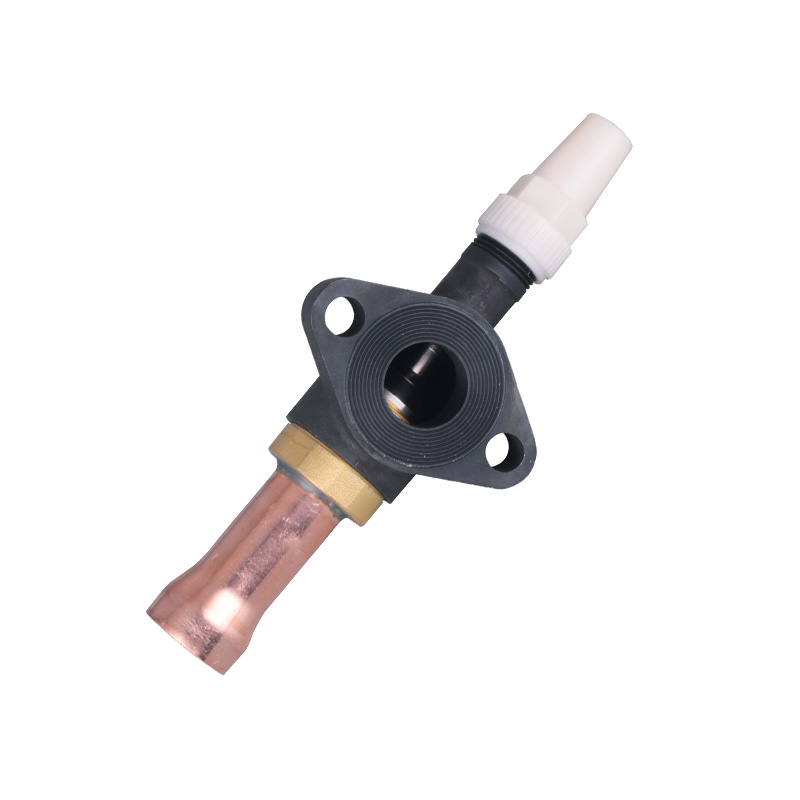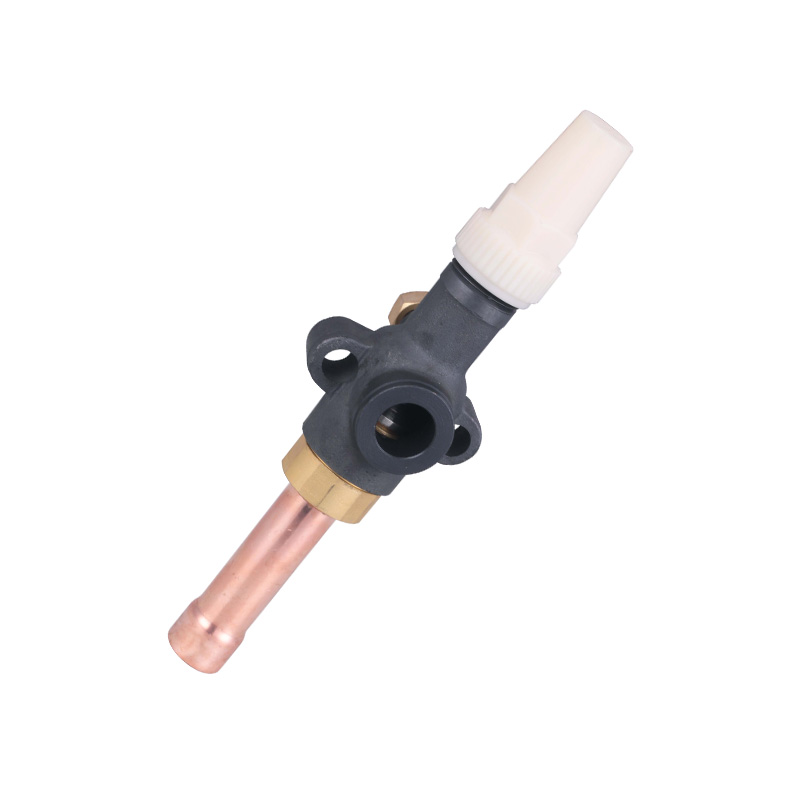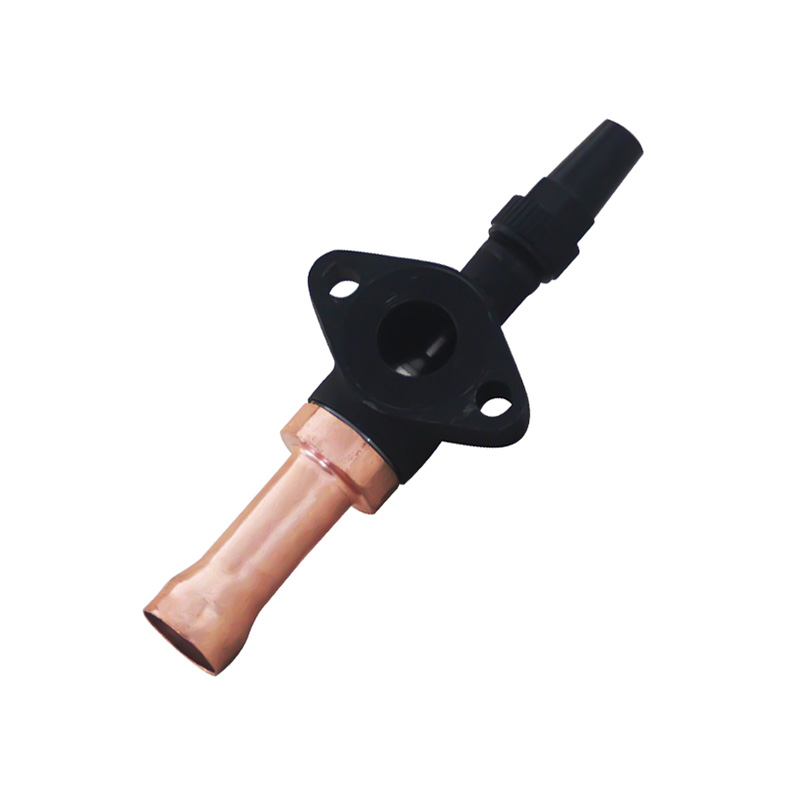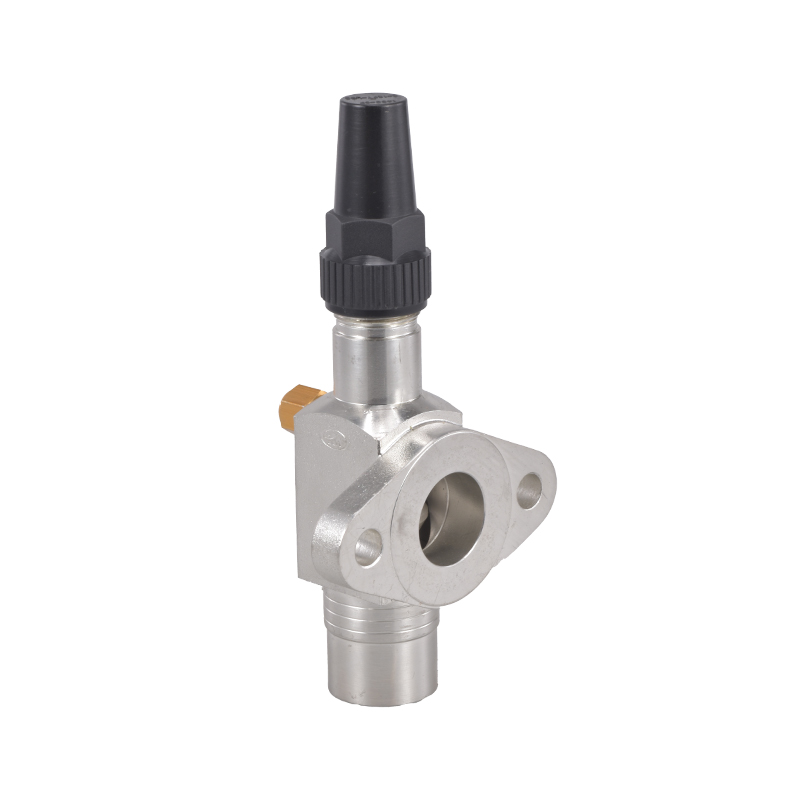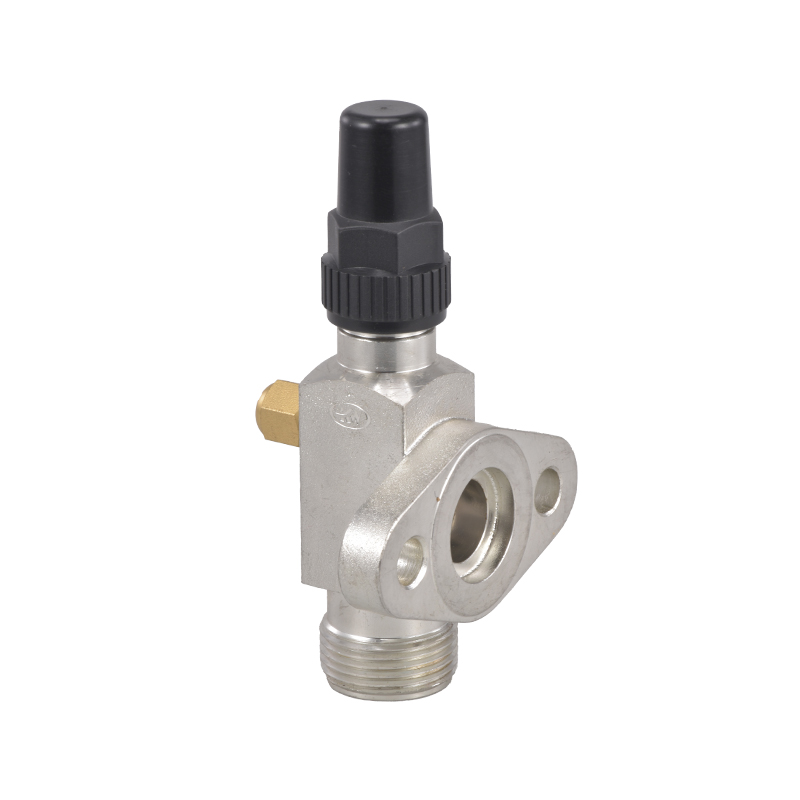The Impact of a High-Quality Line Filter Drier on Refrigerant Purity
 By Admin
By Admin
While compressors, evaporators, and condensers tend to receive most of the attention, the filter drier is a silent guardian of refrigerant purity. In both residential and commercial systems, whether it's an AC unit filter drier or a drier filter refrigerator, the importance of this small component cannot be overstated.
The line filter drier serves a fundamental function—removing contaminants like moisture, acids, and solid particles from the refrigerant. These contaminants, if left unchecked, can cause major issues such as corrosion, clogged expansion valves, and eventual compressor failure. As systems become more energy-efficient and utilize more environmentally friendly refrigerants, the need for ultra-clean internal conditions becomes even more critical. In this context, a high-quality line filter drier becomes a safeguard for the entire refrigeration cycle.
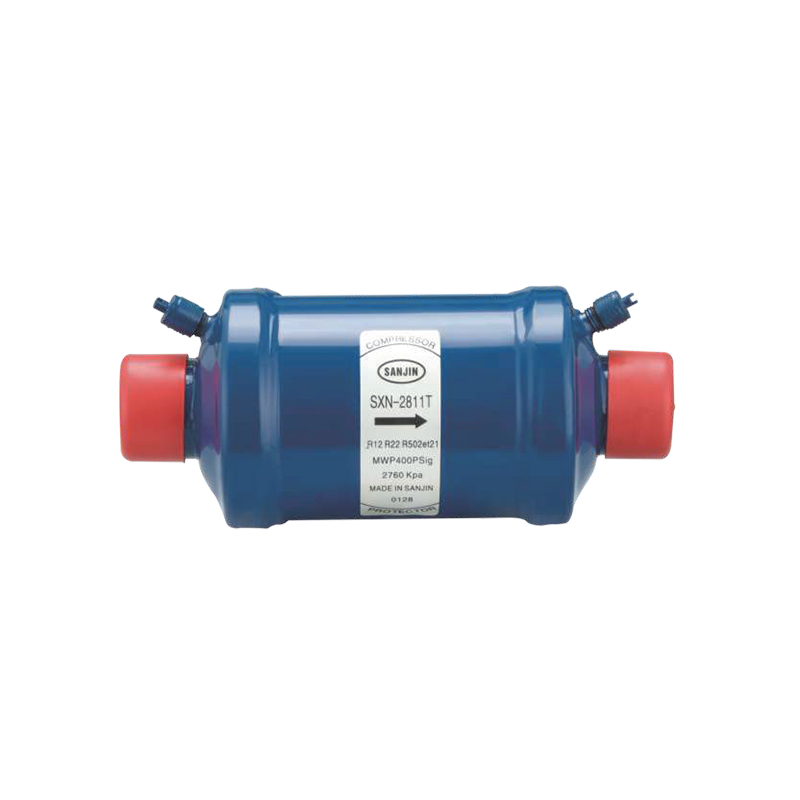
In residential air conditioning, the AC unit filter drier is typically installed in the liquid line, just before the expansion device. Its job is to ensure that the refrigerant entering the evaporator is free from harmful moisture and debris. Moisture, even in minute quantities, can freeze and block the flow of refrigerant, reducing cooling efficiency or even stopping the system altogether. Furthermore, chemical reactions between moisture and refrigerants can produce corrosive acids that deteriorate internal components over time. A premium AC unit filter drier not only traps these impurities but also adsorbs moisture, ensuring long-term system reliability.
In refrigeration systems—especially those used in food storage or pharmaceutical cooling—reliability and refrigerant purity are non-negotiable. The drier filter refrigerator plays a pivotal role in keeping the system clean and functional. These units operate under more continuous and demanding conditions than standard AC systems, making the quality of the drier filter refrigerator even more crucial. A well-designed filter drier prevents blockages and reduces the risk of compressor burnout, which can be costly and time-consuming to repair.
Choosing the right line filter drier also affects maintenance schedules and operating costs. High-quality filter driers typically last longer, withstand higher pressures, and can operate under a broader temperature range. Their ability to capture even microscopic contaminants means that the system remains cleaner for longer periods, reducing the frequency of servicing. For facilities managers and homeowners alike, this translates to lower operating costs and fewer unexpected breakdowns.
Not all filter driers are created equal. When selecting an AC unit filter drier or drier filter refrigerator, it's important to consider the material of the desiccant, the filtration rating, and compatibility with the type of refrigerant used. Many modern systems now use alternative refrigerants with specific chemical properties, so using a generic line filter drier may not offer adequate protection. Manufacturers are increasingly designing specialized filter driers tailored to these newer refrigerants, reinforcing the need to match the component to the application precisely.
The installation process also matters. A poorly installed AC unit filter drier or incorrectly placed drier filter refrigerator can restrict flow or create unnecessary pressure drops. That's why trained technicians should always handle replacements or initial installations, ensuring that the line filter drier is properly oriented and connected for good performance.
While it may be a small part of a much larger system, the line filter drier plays an outsized role in maintaining refrigerant purity, system efficiency, and equipment longevity. Whether it's an AC unit filter drier ensuring your home stays cool through the summer or a drier filter refrigerator preserving perishable goods in a supermarket, this component is critical to keeping things running smoothly.




 English
English русский
русский Deutsch
Deutsch
